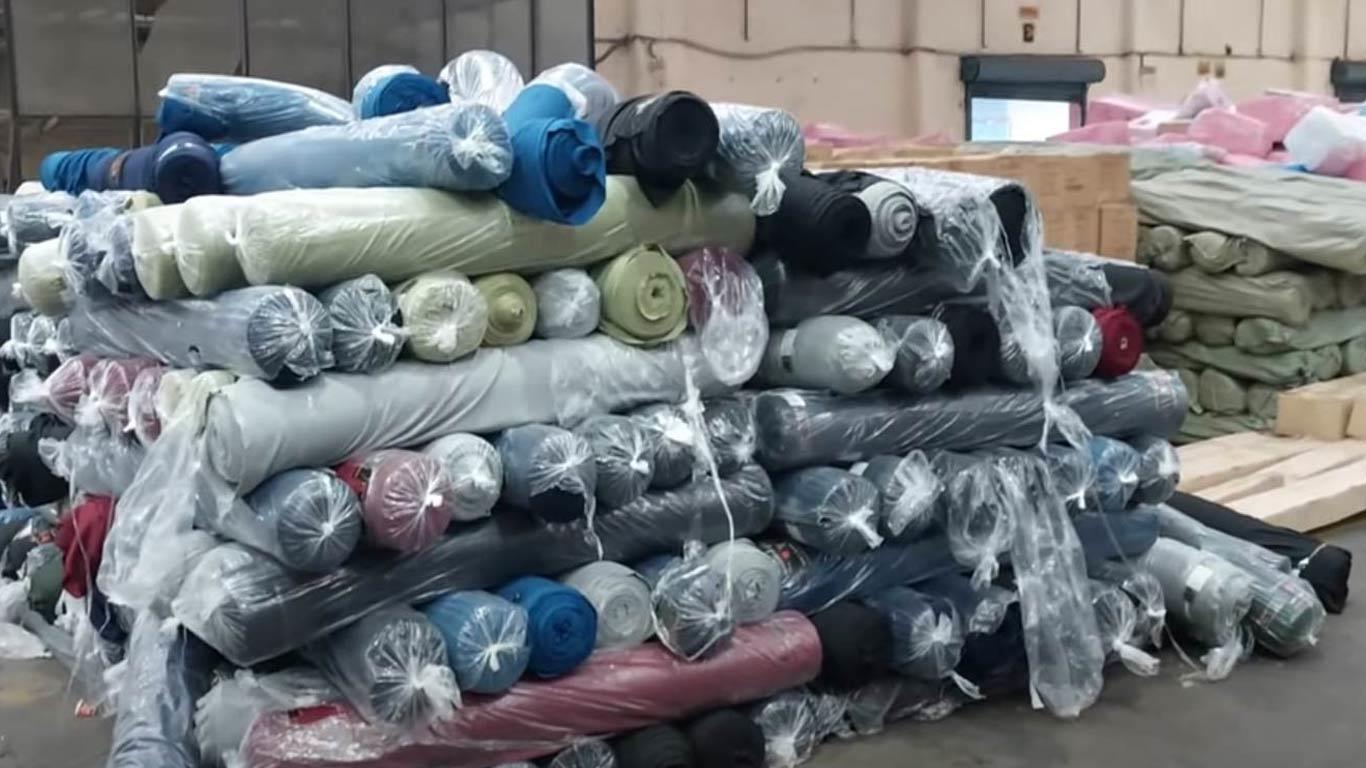
Govt Considers Minimum Import Price Extension For Textile Products
The textiles ministry's current assessment focuses on six key products, including viscose rayon yarn and woven fabric of polyester, with China being a primary source of these imports.
Recent data indicates substantial growth in textile imports during April-August of the current fiscal year.
Flax imports witnessed a 78.7 per cent year-on-year increase, while viscose rayon yarn imports rose by 10 per cent.
Notably, fabrics coated with polyurethane experienced a 28.8 per cent growth during the same period.
Industry analysis reveals that China dominates the supply chain for several textile products.
The country accounts for 99 per cent of India's viscose rayon yarn imports, valued at USD 133.79 million, and 93 per cent of man-made fibre pile fabrics imports during the first five months of FY25.
The trade deficit with China reached USD 40.81 billion during April-August 2024-25.
The government's initiative follows its recent decision to extend the MIP of USD 3.5 per kg on synthetic knitted fabrics until December 31, encompassing eight additional categories including printed, bleached, unbleached, and crocheted fabrics.
This temporary measure aims to protect domestic industry fr0m predatory pricing and maintain competitive local prices.
While China remains the primary source for coated fabrics of plastics and polyurethane, commanding 68 per cent and 52 per cent market share respectively, European nations like Belgium and France lead in flax supplies.
Bangladesh dominates the export of cotton shorts and trouser bib and brace overalls to India, holding an 81 per cent market share.
Government officials are consulting with domestic manufacturers to assess local production capacity and identify areas requiring protection.
"The government is examining potential disturbances in the market to determine appropriate action," stated a cotton textile industry representative, emphasising the need to address products with significant import dependency affecting domestic producers.
(KNN Bureau)
Legal Disclaimer:
MENAFN provides the
information “as is” without warranty of any kind. We do not accept
any responsibility or liability for the accuracy, content, images,
videos, licenses, completeness, legality, or reliability of the information
contained in this article. If you have any complaints or copyright
issues related to this article, kindly contact the provider above.

















Comments
No comment